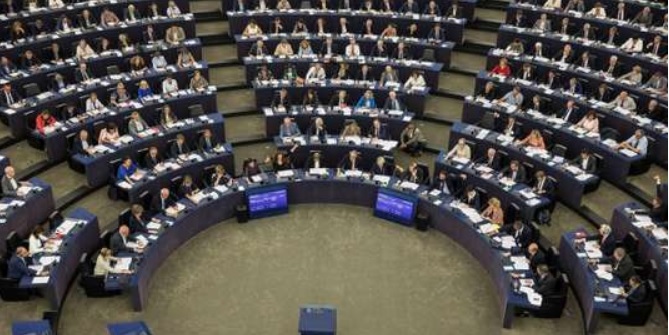In May 2019, the renewal of members of the European Parliament will take place. Amid the rise of populism and the breakup of traditional parties, a profound reorganization of political forces is to be anticipated.
A major divide will emerge, as evidenced by last week’s vote on the resolution calling for the activation of Article 7 against Hungary: European nationalism versus European general interest.
However, the proposal split the French EPP delegation, which voted for, against, and abstained from the resolution.
The delegation’s voting instruction was to vote against the activation of Article 7. A stance that was not widely shared among French MEPs: only the far right massively voted against the activation of Article 7, with other political groups voting in favor.
Out of the 20 members in the delegation, only three adhered to the instruction and voted against: Frank Proust, the head of the delegation, along with MEPs Nadine Morano and Angélique Delahaye.
Additionally, six EPP MEPs abstained, a choice that did not weigh heavily since the resolution could pass with two-thirds of the votes cast in the chamber. These were Michèle Alliot-Marie, Arnaud Danjean, Rachida Dati, Geoffroy Didier, Brice Hortefeux, and Philippe Juvin.
On the other hand, nine EPP MEPs voted for the triggering of Article 7: Alain Cadec, Michel Dantin, Françoise Grossetête, Marc Joulaud, Alain Lamassoure, Élisabeth Morin-Chartier, Jérôme Lavrilleux, Tokia Saïfi, and Anne Sander voted for it. Two members of the delegation did not vote: Renaud Muselier and Maurice Ponga.


